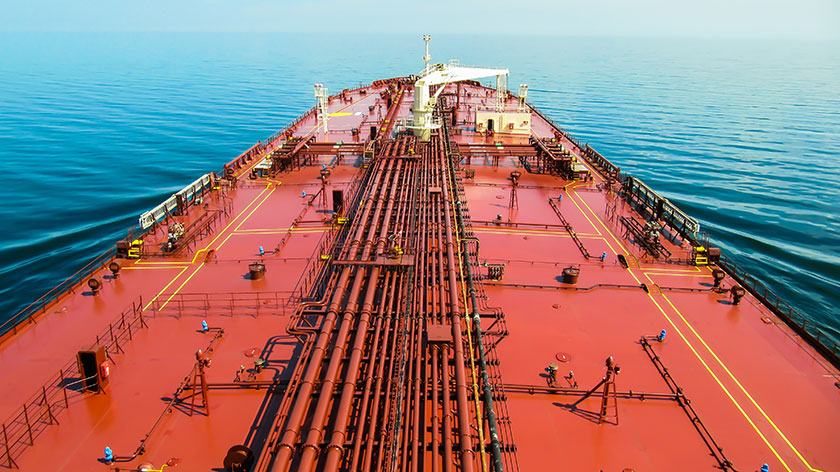An expert claims that the G7 decision to reduce the maximum price of oil from Russia may cause a financial crisis and a regime change. Poles, along with the Baltic states, are in favor of the reduction. At the same time oil is getting cheaper despite the restrictions.
The G7, the European Union and Australia have introduced a maximum price for oil supplies from Russia, above which the insurance of tankers in Western institutions is blocked. The level is USD 60 per barrel. This solution is to limit the Kremlin’s revenues, but unlike the embargo it is also to maintain liquidity in the markets, for example, in Asia, so it is a compromise.
Poland and the Baltic states have been pushing for months to lower the maximum price to put more pressure on the Kremlin, which lost 27 percent of its gas and oil revenues in the first ten months of 2023.
The mechanism proposed by the Poles and the Baltic states assumed a revision of the maximum price to 5 percent below the market price for the Russian Urals blend. This solution worked well when the price of this oil was below USD 60. However, now when the sanctions imposed by the G7, UE and Australia are being bypassed it has crept up to about USD 74. Russians have turned to Asia to insure their growing ghost tanker fleet.
Nevertheless, according to Richard Brookes, chief economist at the Institute of International Finance in the United States, a reduction in the maximum price could collapse the system of power in Russia. He wants Germany to support the solution proposed by the Poles. „Germany needs cheap gas from Russia. The way to get it is to change the Russian regime. Only then will Nord Stream 1 and 2 be able to resume operations. A financial crisis could lead to regime change in Russia. A lower G7 price cap could lead to such a crisis. This is in Germany’s best interest,” the researcher tweeted. „If we deprive Russia of money, a financial crisis in this country will be very likely,” he said.
However, the challenge may be to limit the availability of oil, raising its price and hindering economic recovery, as well as to force the non-Western world to comply with sanctions. The U.S. warned that it would impose sanctions on entities bypassing the maximum price, but so far they have punished two companies, and the bypassing continues. The Russians shipped about 3.48 million barrels of oil per day by sea in October. The Kpler Center estimates that this may go up in November to 3.6-3.7 million barrels per day.
Meanwhile, the price of a Brent barrel traded in Europe fell to about USD 70 from a peak around USD 90 in October. This happened despite the decision of Saudi Arabia and Russia to extend voluntary cuts in oil supplies by a total of 1.3 million barrels per day as opposed to those from the OPEC+oil agreement. The reason may be fears of a decline in market demand. The Energy Information Administration predicts a drop in oil demand in the United States by 300,000 barrels in 2023. There has been speculation of an economic collapse in China.
IIF / Neftegaz.ru / Wojciech Jakóbik









